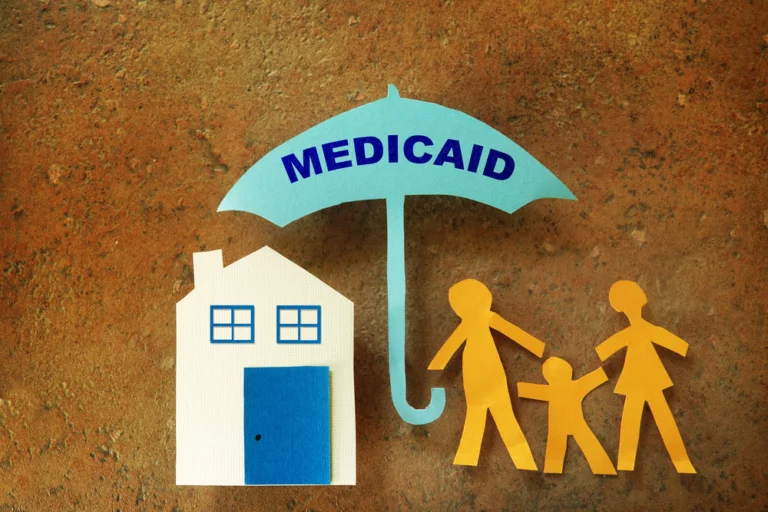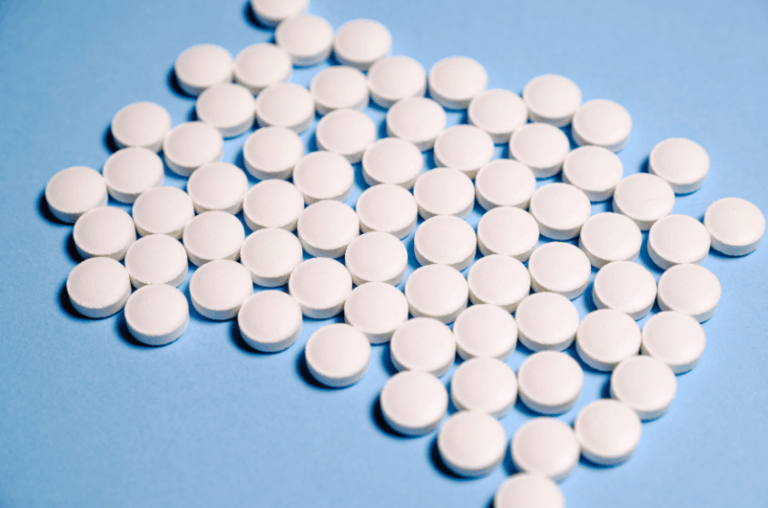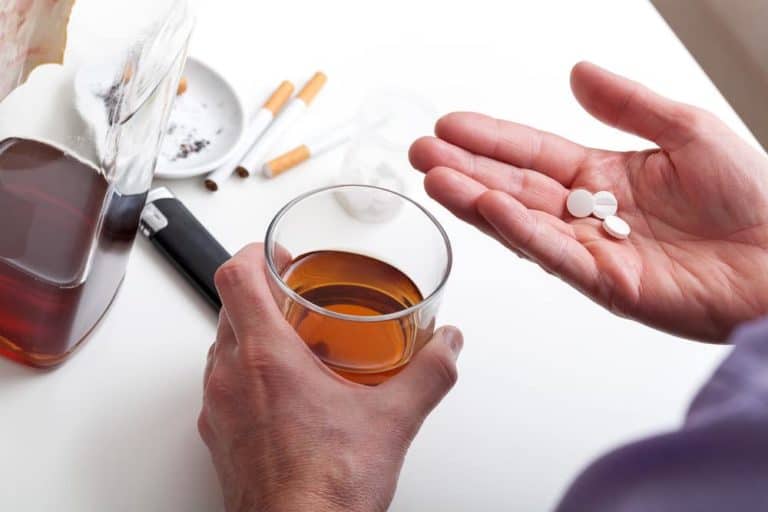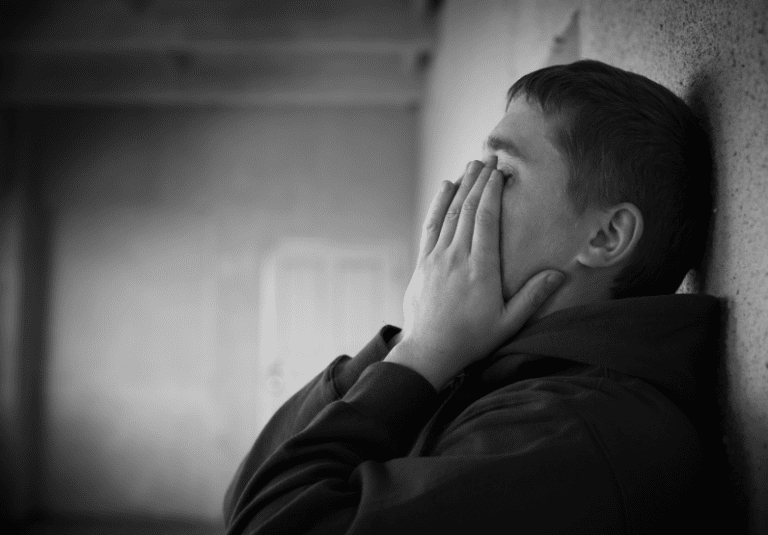Anorexia and bulimia are types of eating disorders that cause severe damage to the body. There is known to be a close link between eating disorders and alcoholism. While many people assume that alcohol increases appetite, this isn’t always the case, especially if someone suffers from a dual diagnosis. To learn more about the connection between eating disorders and alcoholism, keep reading.
The Relationship Between Alcohol and Eating Disorders
Those with eating disorders like anorexia and bulimia struggle with body image and confidence. Oftentimes, eating disorders are heavily influenced by mental illnesses like depression, anxiety, or even OCD. Drinking alcohol may be used as a way to replace the enjoyment that parties with eating disorders used to get from eating food. These people also tend to be very impulsive, which can lead to binge drinking episodes. Because eating disorders often present themselves in self-destructive people, alcoholism can be common amongst this diagnosis as well (as they’re both seen as self-destructive habits).
Eating disorders are also often categorized as addictive disorders. This is because patients get addicted to their weight and being the right weight. They weigh themselves too much, count their calories obsessively, and match other patterns that are seen in addicts. Because of their addictive personalities, it’s easier for them to get addicted to alcohol without even knowing it.
They may also use alcohol as an escape or a way to feel better like many do. Attaching themselves to this unhealthy coping mechanism may seem like a good idea, but it just makes the situation worse overall. These two diagnoses combined can be extremely dangerous, as users who don’t eat are doing major damage to their bodies in multiple ways.
Types of Eating Disorders
Eating disorders are often misrepresented in movies, only showing people who completely starve themselves. This just isn’t an accurate representation of these diseases. However, what all of these types of eating disorders have in common is the inability to eat the proper amount of calories every single day. Consistency is key, here.
Bulimia Nervosa
Bulimia Nervosa is a well-known eating disorder that causes people to binge eat. This means that people will eat large amounts of food within a small period of time. During this time, they may not feel like they’re able to stop eating. Many people purge after eating in large quantities, but that’s not always the case. Bulimic patients also tend to fast, use laxatives, or exercise excessively.
Anorexia Nervosa
Anorexia nervosa is the most well-known eating disorder. People who have anorexia often view themselves as overweight, even when they aren’t. Because of this, they constantly monitor their weight, taking measurements, avoiding certain foods, and restricting their calories. Some anorexic patients don’t eat at all, while others eat very little. Both are still considered to be anorexia. Those with anorexia also often showcase OCD symptoms in the way that they’re obsessed with their weight and the foods that they eat.
Binge Eating
Binge eating disorder is the most common eating disorder in the United States. Like with Bulimia, people with binge eating disorders will consume a lot of food within a short period of time, feeling a lack of control while they eat. However, unlike people with bulimia, they don’t purge after eating. However, they may feel shameful or disgusted in themselves.
Avoidant/Restrictive Food Intake Disorder
Avoidant/restrictive food intake disorder (ARFID) is common amongst younger children, but it can persist into adulthood. People with this disorder have a hard time eating food that is certain colors, textures, smells, or tastes. They may avoid these foods and restrict their calorie intake because of it. They may also not get enough nutrients because they can’t eat certain foods (often this includes fruits, vegetables, and other nutrient-dense foods).
Does Alcoholism Cause Anorexia and Bulimia?
It’s hard to say whether or not alcoholism causes eating disorders or eating disorders cause alcoholism. However, it’s safe to say that these two diagnoses do work closely together. Someone who is in remission from their eating disorder may relapse if they develop an alcohol addiction, and the opposite is true as well. On top of that, people with an alcohol addiction may be more likely to develop an eating disorder without realizing it. If you spend all of your time drinking and hungover, you might not have time to eat, causing disordered eating unintentionally.
What is “Drunkorexia”?
“Drunkorexia” is a non-medical term that refers to a person who restricts their calories in order to save room for alcoholic beverages later in the night. Because some alcoholic beverages are calorie-dense, people may feel the need to eat less in order to drink more. This is dangerous for a lot of reasons. First of all, the less you eat, the quicker you’ll become intoxicated, and two, you’ll be damaging your body in two different ways at the same time. Continuing this behavior long term can wreak havoc on one’s body.
Treating Alcohol Use Disorder and Eating Disorders at the Same Time
In order to receive proper treatment, patients with eating disorders and alcohol use disorders should be treated for both at the same time. Paying attention to dual diagnoses in treatment is incredibly important, so make sure to keep this in mind when looking for treatment for yourself or a loved one. By treating both at the same time, you can get to the root of the issue, often a mental health problem, or unresolved trauma. At a treatment center, a therapist will be able to help walk you through these issues.
Find Treatment Today
Anorexia and bulimia are no joke. If you struggle with these or other eating disorders, as well as alcohol addiction, it’s time to get the treatment that you deserve. Here at Asheville Recovery Center, we offer a variety of treatment programs, including a Partial Hospitalization Program (PHP), outpatient treatment, detoxification, and more. To learn more about these programs and how they can help you, call us today. We’re eager to answer any questions you may have.








